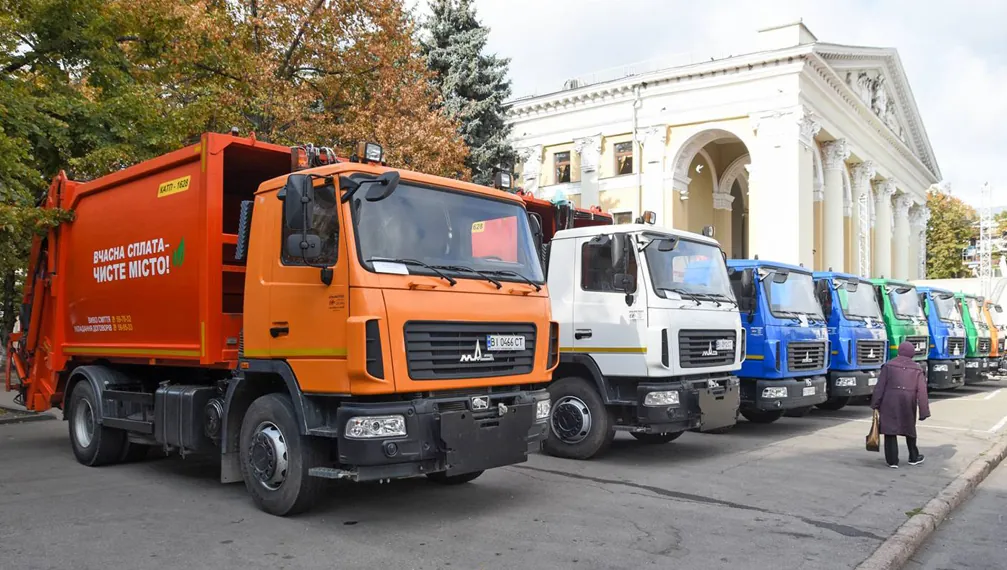“The Parliament supported the decriminalization of the use of humanitarian aid by utility companies. The Verkhovna Rada supported the decriminalization of the use of humanitarian aid by utility companies in the first reading. The draft law will allow the use of the received equipment to provide services to the population at established tariffs.”, — write on: unn.ua
Details
“No. 12250 – improvement of responsibility for illegal use of humanitarian aid by state and communal enterprises. Based on (259),” Zheleznyak said.
According to the draft law, officials or employees of state and communal enterprises will not bear criminal liability in case of sale or use of humanitarian aid, charitable donations or free aid for the purpose of obtaining profit during the implementation by such enterprises of vital functions or services defined by the law “On critical infrastructure”.
The explanatory note indicates that as a result of armed Russian aggression, critical infrastructure objects, including fleets of automobiles and specialized state and communal equipment, which were used by state enterprises and communities to ensure the performance of vital functions and provide services to the civilian population.
People’s deputies cite the example that during the occupation of the Kherson urban territorial community by the military formations of the Russian Federation and after de-occupation during massive shelling of civilian infrastructure, about 90% of the equipment of communal enterprises, which was used in the process of carrying out their statutory activities, was destroyed, stolen and damaged.
“In the conditions of the ongoing aggression of the Russian Federation against Ukraine, given the deficit of state and local budgets, the use of humanitarian aid is currently almost the only possibility for the proper organization of the life of cities and communities and the provision of vital services,” the note says.
It is also noted that the humanitarian and charitable aid given by international organizations to the territorial community to improve the provision of communal services, for example to ensure the transportation of passengers, cannot always be fully used as intended.
The utility company carries out passenger transportation according to established tariffs, the components of which include the profit of the company, and therefore, in fact, it does not have the right to use vehicles that were transferred as humanitarian aid. This leads to the impossibility of improving the level of passenger transportation services on the territory of the community, and at the same time to unnecessary costs associated with the preservation and maintenance of these vehicles.
Another example cited by the People’s Deputies is the situation in Kharkiv, where in recent years buses, trams, trolleybuses, etc. have been received from European partner cities, but the city is unable to fully provide services to the civilian population using the specified equipment.
We will remind
The Verkhovna Rada adopted as a basis the draft law, which provides permission for the use of equipment at communal enterprises, which was transferred by international partners as aid.
